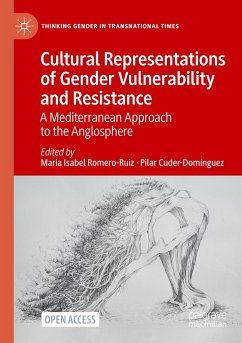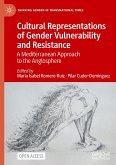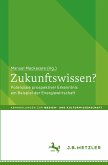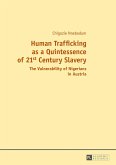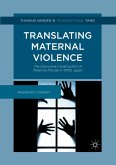This Open Access book considers the cultural representation of gender violence, vulnerability and resistance with a focus on the transnational dimension of our contemporary visual and literary cultures in English. Contributors address concepts such as vulnerability, resilience, precarity and resistance in the Anglophone world through an analysis of memoirs, films, TV series, and crime and literary fiction across India, Ireland, Canada, Australia, the US, and the UK. Chapters explore literary and media displays of precarious conditions to examine whether these are exacerbated when intersecting with gender and ethnic identities, thus resulting in structural forms of vulnerability that generate and justify oppression, as well as forms of individual or collective resistance and/or resilience. Substantial insights are drawn from Animal Studies, Critical Race Studies, Human Rights Studies, Post-Humanism and Postcolonialism. This book will be of interest to scholars in Gender Studies, Media Studies, Sociology, Culture, Literature and History.
Grant FFI2017-84555-C2-1-P (research Project "Bodies in Transit: Genders, Mobilities, Interdependencies") funded by MCIN/AEI/ 10.13039/501100011033 and by "ERDF A way of making Europe."
Grant FFI2017-84555-C2-1-P (research Project "Bodies in Transit: Genders, Mobilities, Interdependencies") funded by MCIN/AEI/ 10.13039/501100011033 and by "ERDF A way of making Europe."

